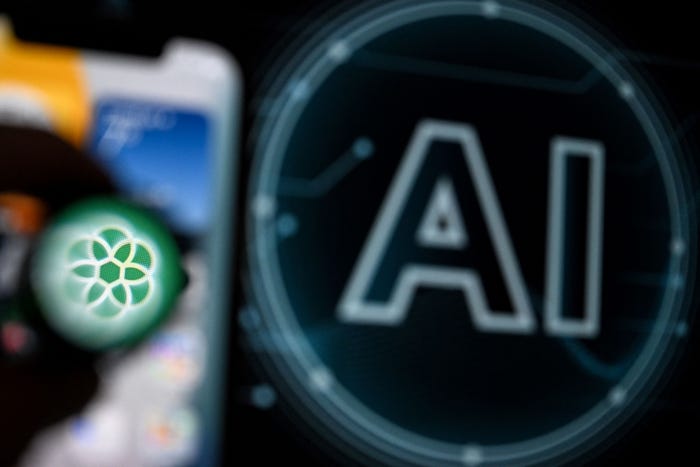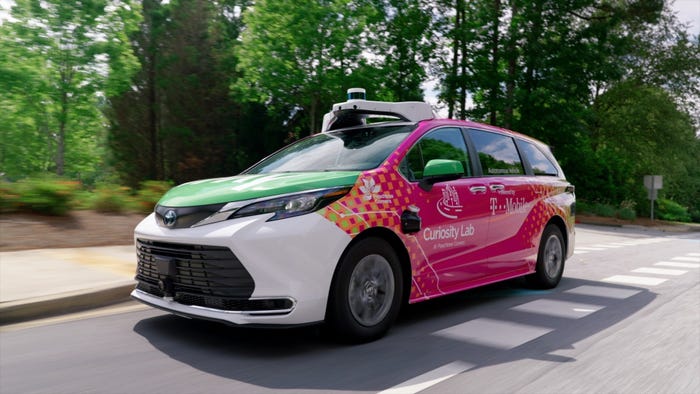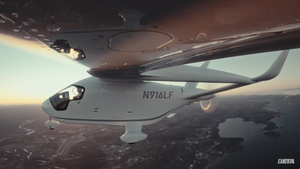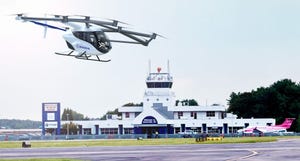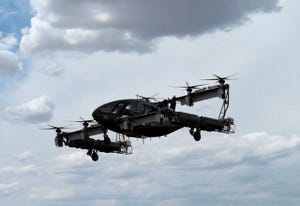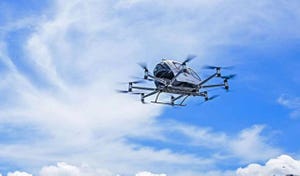DeepMind’s RoboCat Self-Trains, Controls Robotic Arms
The company said the AI model is a breakthrough in general-purpose robotics, providing self-improvement capabilities
.png?width=1280&auto=webp&quality=95&format=jpg&disable=upscale)
DeepMind has announced that its AI model, RoboCat, is the first to solve and adapt to real-world tasks, and use multiple real-world robots to do so.
The system was shown 100 demonstrations, which it used to operate multiple robotic arms, solve a variety of tasks and improve using its self-generated data.
According to the team, the breakthrough is crucial in the development of multi-purpose robots.
While a robotic assistant is typically trained to be highly competent at a specific task, the rise of AI provides an opportunity to make self-learning robots that can adapt to almost any task required, without the time-consuming process of gathering real-world training data.
To address this challenge, the DeepMind team used its AI processing model, Gato, which analyzes language, images and actions in both simulated and physical environments. In this instance, the team fed it images and actions of robot arms solving hundreds of tasks.
Following this, RoboCat was then put into a “self-improvement” training cycle, where it performed the demonstrated task thousands of times and used the data gathered to improve its technique.
“After observing 1,000 human-controlled demonstrations … RoboCat could direct this new arm dexterously enough to pick up gears successfully 86% of the time,” the team said in a blog post. “With the same level of demonstrations, it could adapt to solve tasks that combined precision and understanding, such as removing the correct fruit from a bowl and solving a shape-matching puzzle, which are necessary for more complex control.”
The results of the trials were published in a recent study. Next, researchers said they will work to reduce the number of demonstration videos needed to train the system.
“RoboCat’s ability to independently learn skills and rapidly self-improve, especially when applied to different robotic devices, will help pave the way toward a new generation of more helpful, general-purpose robotic agents,” the team said.
About the Author
You May Also Like


